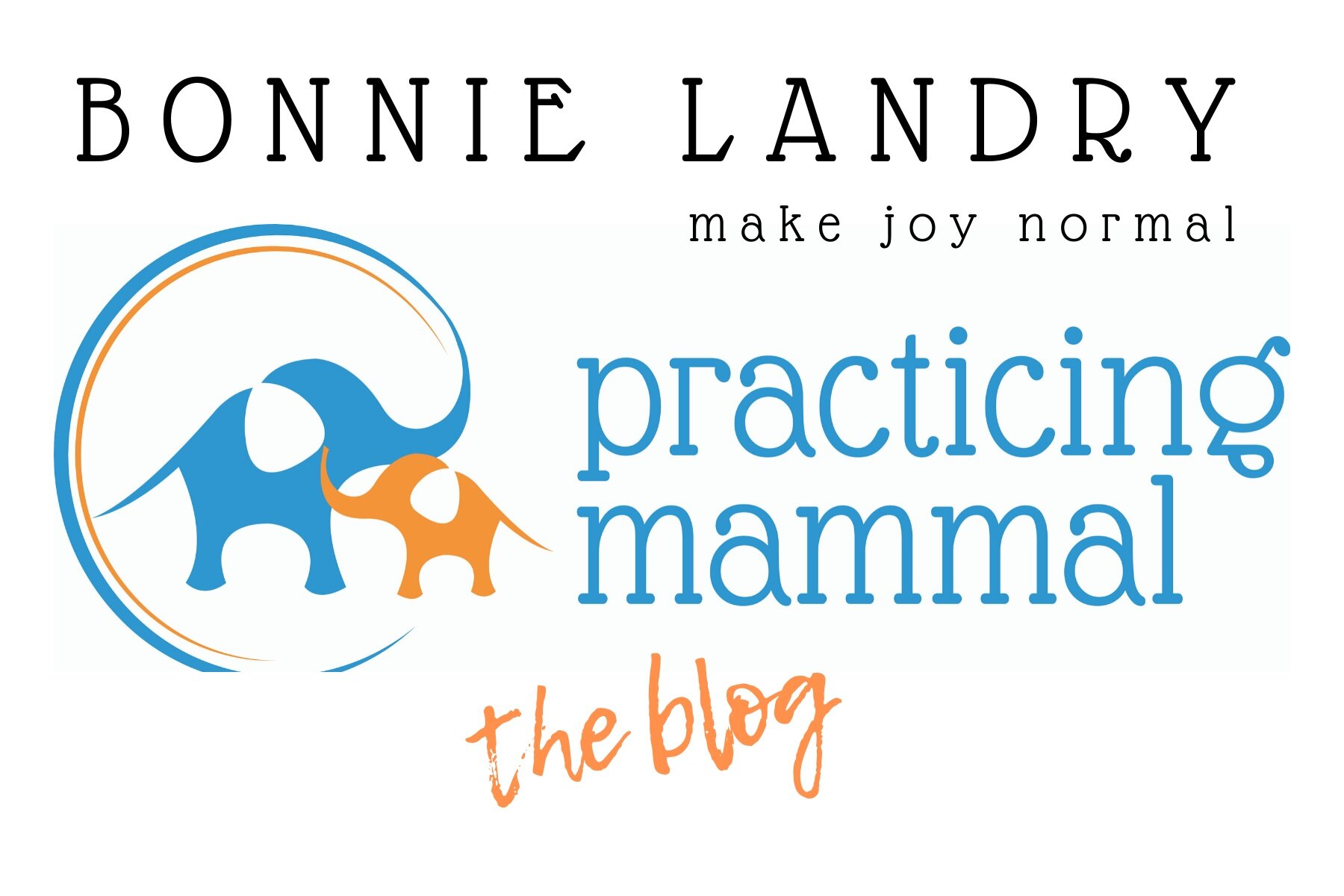poetry and Shakespeare for the uninclined
Update to episode: Joseph Pearce on Shakespeare
There is a book published by the Institute for Excellence in Writing, entitled Linguistic Development Through Poetry Memorization. Unlike its title, in succinct and compelling Pudewaian (I just made that up) style, LDTPM (I just made that up) is prefaced by an essay on the value of memorizing beautiful poetry. It is, simply, the best argument I have ever read on why our children (and ourselves) should memorize poetry. Read it. Please. I'm just not even going to say anymore 'bout that.
The main body of LDTPM is made up of poetry for children, at various ages and stages of development for the purpose of memory work. It is a lovely selection, for age levels, themes in poetry and different genre of poetry for children. There is also a cd of the poems being read out, to listen to. I personally prefer to read poetry aloud together, but if this isn't a thing for you, it's efficacious to listen to poetry as well as read it.
The other little gem that we have used for the purpose of poetry analysis and appreciation is a tiny book called The Poet's Eye by Arthur Alexander. I've used this book as a family read aloud, just a page or two a day, and also as something I read one on one with my kids as a high school literature source sometimes. It's a charming book, the study of poetry is handled deftly with both wit and humour. The author gives an engaging overview of poetry, historically and culturally, putting it all in perspective.
Unfortunately The Poet's Eye is out of print, but seems readily available for sale at online booksellers inexpensively. Our other favourite poetry resource for all ages is Favorite Poems Old and New. And in case you are wondering why I spelled favourite (favorite) two different ways in one sentence, well, it's because I'm Canadian but the book in reference with Favorite in the title is an American book. And that is why. I'm embracing my inner rebel.
Why I adore the book with the American spelling is because it is
a) a fantastic selection of poetry, ancient, classic and modern
b) all suitable for young people, both in theme and content
c) organized brilliantly, it's organized thematically, in case you want poetry about animals, or travel, or seasons or a variety of other topics. Then, it's organized again by title, first line and poet.
That's super smart.
So, here under poetry I am going to address the topic of William Shakespeare. For many, many years I feared the Bard. In reality, I was afraid. I made excuses...he's too bawdy, he's too dull, he's too irrelevant, he's too inaccessible. But, just a couple of years ago, I discovered a little resource that Changed All That. Barron's publishes a series called Shakespeare Made Easy. These brilliant books have the full Shakespearean text on the left hand of the page, and a modern "translation" on the right. We read the original text, and refer to the modern text whenever the language or subtleties elude us. Before and after each chapter notes, things to watch for, things to think about, historical context, points for discussion, comprehension questions. Truly, a survival guide to Shakespeare.
I know longer fear the Bard...I can't wait to do another in this series. After our first Shakespeare Made Easy, which was Macbeth, I asked my kids if they wanted to read another from this series. Those at home were 15, 13, 10 and 6 at the time. The answer from all of them, yes, even the six year old...was YES!! Shakespeare, please!
